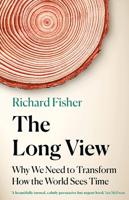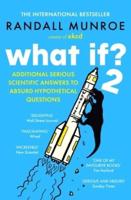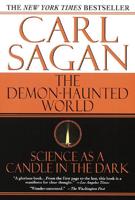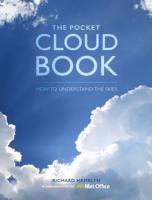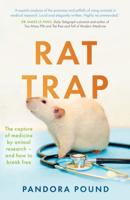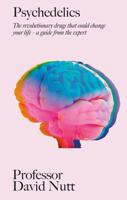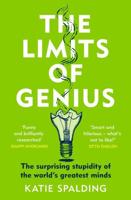Publisher's Synopsis
EARLY HISTORY OF LOGIC, SCIENCE AND MATH. Imagine holding history in your hands. Now you can. Digitally preserved and previously accessible only through libraries as Early English Books Online, this rare material is now available in single print editions. Thousands of books written between 1475 and 1700 can be delivered to your doorstep in individual volumes of high quality historical reproductions. The "hard sciences" developed exponentially during the 16th and 17th centuries, both relying upon centuries of tradition and adding to the foundation of modern application, as is evidenced by this extensive collection. This is a rich collection of practical mathematics as applied to business, carpentry and geography as well as explorations of mathematical instruments and arithmetic; logic and logicians such as Aristotle and Socrates; and a number of scientific disciplines from natural history to physics.
++++
The below data was compiled from various identification fields in the bibliographic record of this title. This data is provided as an additional tool in helping to insure edition identification:
++++
Speculum mundi, or, A glasse representing the face of the world shewing both that it did begin, and must also end, the manner how, and the time when, being largely examined
Speculum mundi.
Hexameron.
Swan, John, d. 1671.
[Edition statement: ] The second edition enlarged.
"The table" [i.e. index]: p.[3]-[28] at end.
Added t.p., engraved, dated 1644.
Includes bibliographical references.
Dedication signed: John Swan.
"Here follows the Hexameron ..." has special t.p. with imprint, 1642.
[14], 504, [28] p.
Cambridge [Cambridgeshire]: Printed by Roger Daniel ...,
Wing / S6238
English
Reproduction of the original in the Bodleian Library
++++
This book represents an authentic reproduction of the text as printed by the original publisher. While we have attempted to accurately maintain the integrity of the original work, there are sometimes problems with the original work or the micro-film from which the books were digitized. This can result in errors in reproduction. Possible imperfections include missing and blurred pages, poor pictures, markings and other reproduction issues beyond our control. Because this work is culturally important, we have made it available as part of our commitment to protecting, preserving and promoting the world's literature.

